Intelligent decision support systems
The research group on Intelligent Systems Engineering is member of the department of Industrial Systems Engineering & Product Design at Ghent University (ISyE-UGent). The group performs research on intelligent systems for smart and resilient societies and Industry4.0. They combine research in data science, knowledge engineering and decision support systems to address the increasing complexity of industrial management and urban policy-making. It integrates data-driven approaches and human expert knowledge towards robust decision making. The research group is core partner of Flanders Make and associated with the European Institute for Innovation & Technology (EIT) in Urban Mobility. The group actively participates in national and EU projects and has served as a backbone in national and international government campaigns.
The research impact is managed towards academic excellence as well as economic and societal impact. Technology and knowledge transfer towards organizations and companies through open-source or licensed technology and open knowledge are important principles to guide our research activities. UGent supports this knowledge and technology transfer through dedicated business development and policy support.
Research projects

Interreg project Mobility Makers (2023-2025)
Whereas H2020 ReVeAL had a focus on large scale interventions (e.g. LEZ/ZEZ, superblocks, circulation plans), in the Interreg project MobilityMakers we aim at gathering structured knowledge of small scale mobility solutions and their impact in order to make this available for solution planning for future “Mobility Makers”. Our research group, together with the other knowledge partners, will support the pilots in aligning potential solutions with strategic goals and to document the observed pilot activity and outcomes so that the learnings are captured in a structured and transferable manner.
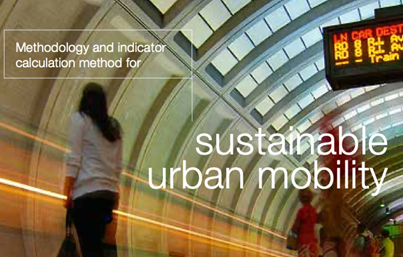
Sustainable Urban Mobility Indicators
The research group contributed to the Sustainable Urban Mobility Indicators (SUMI) through the "SMP2.0 Sustainable Mobility Indicators" developed by the World Business Council for Sustainable Development (WBCSD). These have subsequently been revised by the SUMI consortium appointed by EC DG MOVE for use by European cities.
https://www.wbcsd.org/resources/smp2-0-sustainable-mobility-indicators-2nd-edition/

Assembly Recon SBO (2020-2024)
This strategic basic research project focused on a reconfiguration decision framework to optimally govern both the configuration and the operation of Reconfigurable Assembly Systems at distinct time horizons and decision-making levels. In this project we proposed an Assembly Recommender as an advanced decision-support tool designed to optimize planning and scheduling in assembly operations. It dynamically controls multiple optimization solvers, ensuring efficient resource allocation and conflict resolution. By leveraging data-driven and rule-based approaches, the recommender adapts solver configurations to enhance on-time delivery and total cost of ownership. Featuring a real-time dashboard, it provides operational insights and enables both manual and automated solver adjustments. The recommender has demonstrated significant improvements in assembly performance, reducing delays and increasing responsiveness to disruptions. Its scalable and solver-agnostic design makes it applicable beyond assembly, extending to logistics, supply chain, and workforce planning.
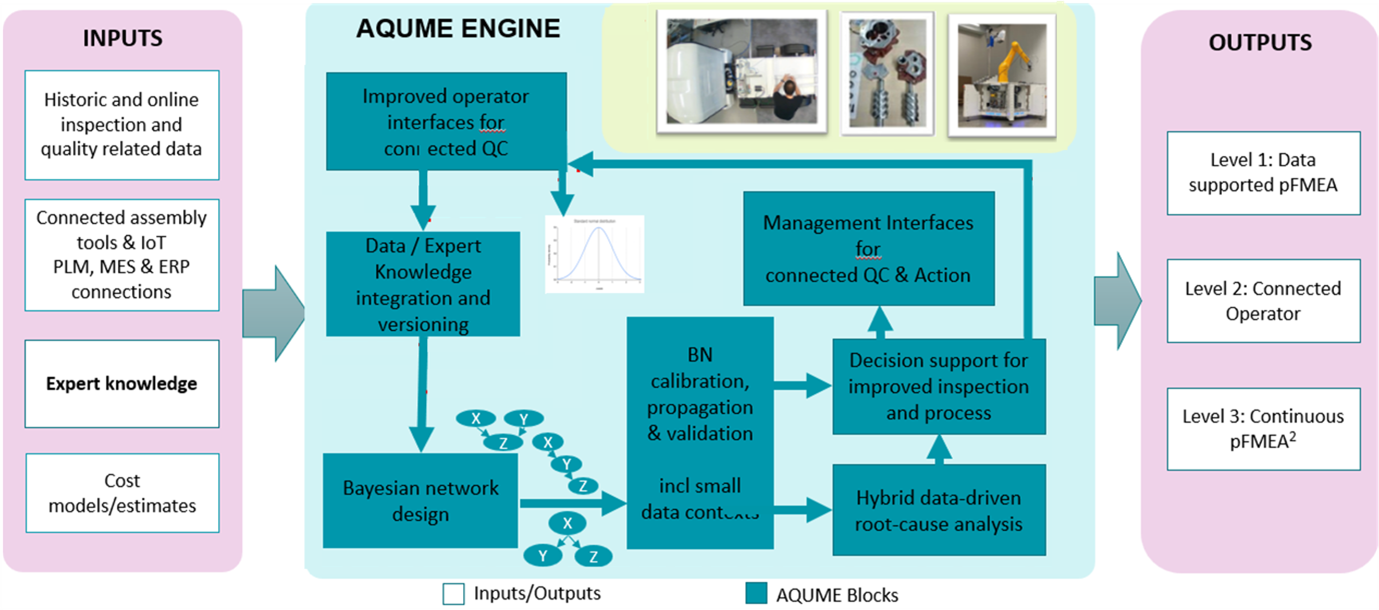
AQUME SBO (2023-2026)
This strategic basic research project focused on data-supported Process Failure Modes and Effects Analysis and Actioning (pFMEA2) system that integrates quantitative process data and qualitative expert knowledge in and outside the production environment (e.g., operator insights, part quality) to make pFMEA more objective and faster.
We introduce a data-supported framework that integrates Process Failure Mode and Effects Analysis (pFMEA) with Root Cause Analysis (RCA) to improve failure analysis in production systems. The key idea is to bridge the gap between traditionally disconnected pFMEA and RCA by using quantitative process data alongside qualitative expert knowledge. Our framework creates a failure mode tree, links quality control data, and uses a Beta-binomial Bayesian approach for objective prioritization of failure modes and causes. A case study and sensitivity analysis are used to validate the framework, showing its ability to identify overlooked issues, support data-driven decisions, and enable efficient analysis by humans and machines, ultimately aiming to improve production quality management and reduce turnaround time.
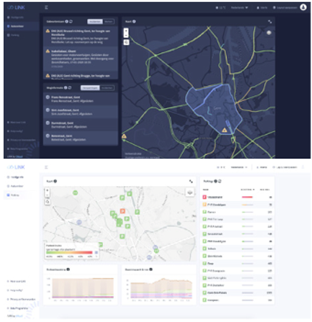
Urban Innovative Actions project Traffic Management as a Services TMaaS (2018-2020)
The TMaaS project focused on Traffic Management as a Service, offering citizens and local governments an efficient view of what is happening in their city regarding multimodal mobility. By combining various sources of information (open/private), an intelligent data-driven approach provided notifications for citizens and traffic authorities on the changing traffic conditions.
https://www.uia-initiative.eu/en/uia-cities/ghent
https://www.youtube.com/watch?v=ZmBSfjbPIzU
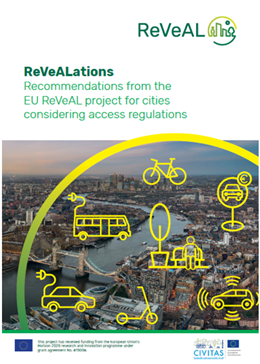
H2020 Civitas project ReVeAL (2019-2023)
In the H2020 Civitas project ReVeAL (2019-2023), we investigated knowledge building in Urban Vehicle Access Regulations (UVAR) through the use of recommender systems. First steps have been made to describe existing urban mobility solutions and their impact as related to the context of the city. This structured information can then serve as input for decision support to advise potential transition pathways for cities based on experiences in similar cities.
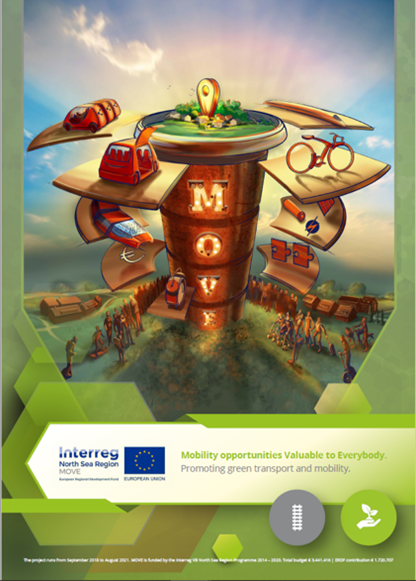
Interreg project MOVE (2018-2022)
(Semi)-rural areas often lacked green mobility due to high costs and low feasibility, limiting access and deterring businesses. MOVE addressed this by co-creating innovative solutions with local stakeholders, implementing four pilot projects that improved accessibility, reduced car dependence, and cut emissions. Its best practices now support sustainable mobility across the NSR.
Our research group Intelligent Systems was active in this project and investigated data-driven approaches for co-creation in sustainable mobility.